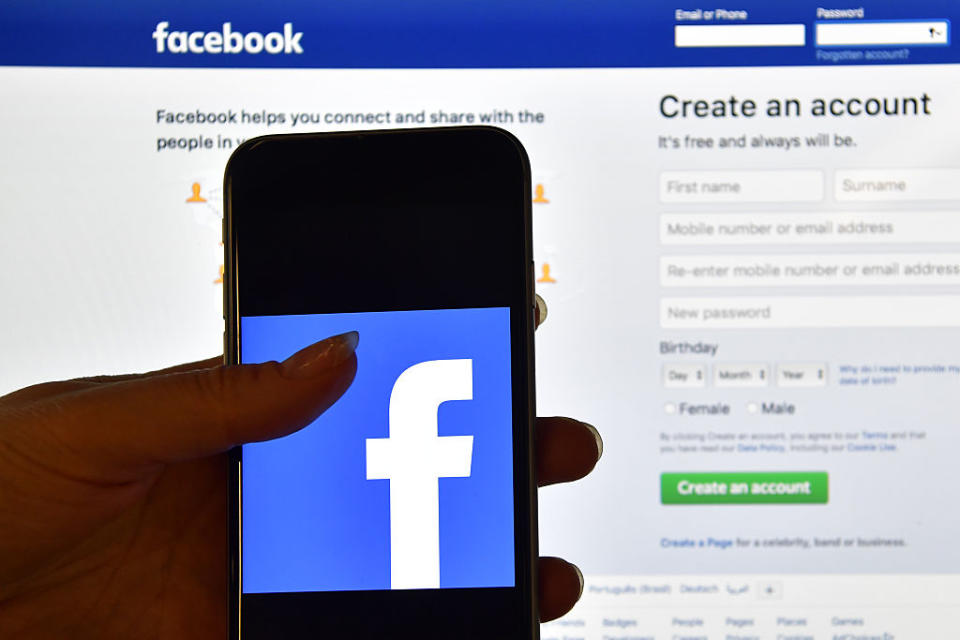A new study shows who you should really be worried about hacking your Facebook account
Uh oh…we’ve got some scary news about your internet privacy. And it’s probably a lot closer to home than you think.
If you’re paranoid about your internet accounts getting hacked, you’ve most likely done everything you can to keep the bad guys out. You know, using lowercase and uppercase letters in your passwords, employing security software on your computer, the whole deal.
But, it turns out the most common perpetrators aren’t anonymous computer whizzes. Usually, it’s someone you know really, really well. (Cue the discordant music.)
According to a recent study, 24 percent of people admitted to hacking Facebook accounts that belong to their family and friends.
The University of British Columbia surveyed 1,308 Facebook users to gather data. Their findings proved that almost a quarter of people creep on the social media accounts of their family members, friends, or significant others. What gives?!
It’s so common that the University of British Columbia coined a term for it: social insider attacks. They say:
“Our combined findings indicate that social insider attacks are common, often have serious emotional consequences, and have no simple mitigation.”
Yikes.
The study also cites five reasons that people might hack the Facebook accounts of someone they know: fun, curiosity, jealousy, animosity, and utility. According to the data collected, jealousy is the number one reason people commit social insider attacks. Next was curiosity, and then fun. Parents reported hacking their children’s accounts to see what they were up to. Some friends did it thinking it would be a harmless joke.
One thing is for sure, though. Most of these attacks ended in anger, embarrassment, and a lack of trust. Unsurprisingly, some even ended in breakups.
So, the moral of this story? Keep your Facebook account locked, and don’t tell anyone your password! You never know who might want to do some snooping around.

 Yahoo Finance
Yahoo Finance 
